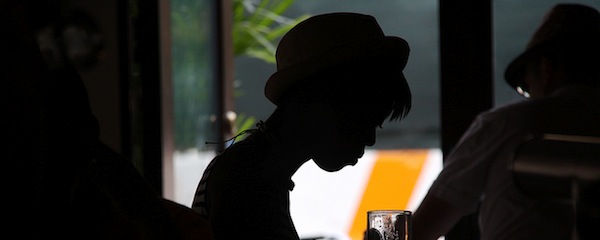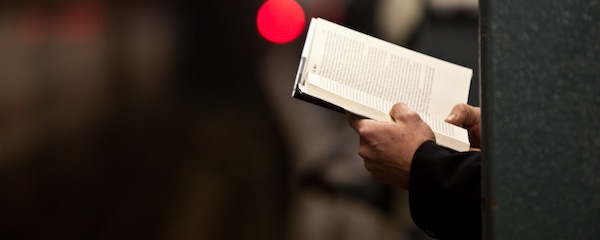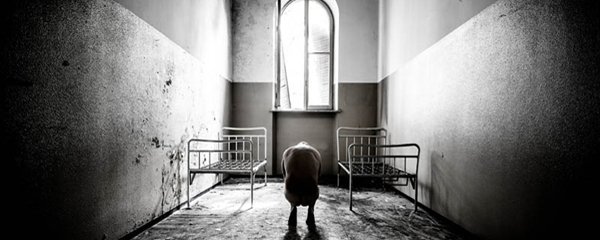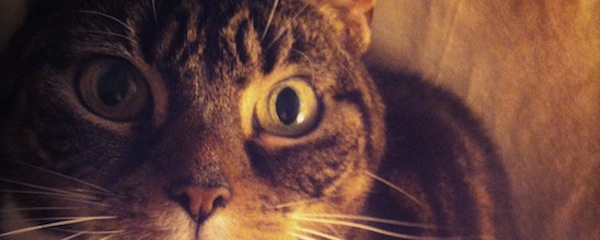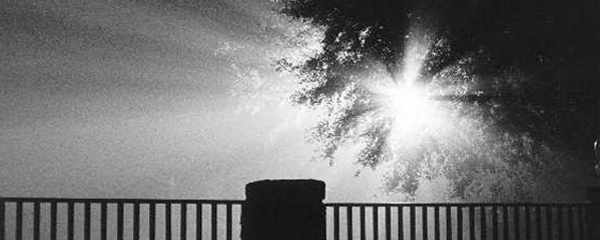MIKE SMITH has a close look at Sir Arthur Quiller-Couch’s short story ‘Captain Knot’: ‘Q is a straightforward writer in many ways, but his simple, accessible language carries subtleties of meaning that raise questions we, rather than he, are to answer…’
KATE KRAKE explores the mammoth influence of J.G. Ballard: ‘We tremble at the draconian control of the Orwellian. We muse over the strange nightmares of the Kafkaesque. Some among us might even risk the dark, unknowable madness of the Lovecraftian. But what of the Ballardian…?’
FRANCES GAPPER discusses the life and stories of Robert Aickman: ‘Aickman thought the ghost story akin to poetry in its compression and intensity, and his work has been described as ‘English Eerie’ and ‘English Kafka’…’
ANDISWA ONKE MAQUTU explores the feminist and patriarchal themes of Chimamanda Ngozi Adichie’s short story collection, The Thing Around Your Neck: ‘It is a collection exploring migration: its freedoms, the way it opens new worlds, new ways of seeing an old and familiar world, the protection of the new world, and also the limits it places on Africans…’
DR. WALEED AL-BAZOON recommends Hassan Blasim’s ‘The Iraqi Christ’: ‘…a seismic, ground-breaking short story collection that leaves in its reader’s mind – long after the final page – powerful after-shocks. In the title story, Blasim explores, with devastating force, the consequences of two different wars upon his country…’
CHARLES E. MAY looks for the birth of the modern short story in ‘A Lodging for the Night’ by Robert Louis Stevenson: ‘…its source is in language, the narrative impulse, and what it depicts is not reality but the perception of reality made by one in the process of making a story…’
PODCAST: In the first instalment of this series of Short Story Masterclass podcasts, JAC CATTANEO talks with award-winning author PETINA GAPPAH about method writing, addressing pain through stories, and the voices of a writer…
SANTINO PRINZI recommends Margaret Atwood’s flash fiction: ‘…perhaps not as celebrated but, like her novels and short stories, it resonates long after reading. Atwood’s flash doesn’t always contain a traditional narrative, but this doesn’t prevent her from telling us a story…’
ZOË APOSTOLIDES looks at the fearless short stories of Neil Smith: ‘They are biting, barbed and funny. They leave a lingering taste, though I can never decide if it is pleasant or horrifying…’
SOPHIA KIER-BYFIELD explores the unexpected connections of the 2016 Best British Short Stories: ‘One fine thematic thread that stitches seemingly incongruent narratives together is photography. That complex visual medium of the everyday, which often gets taken for granted, is cleverly worked into several of the stories as a way of exploring memory and fragile human relationships, both with the self and others…’



